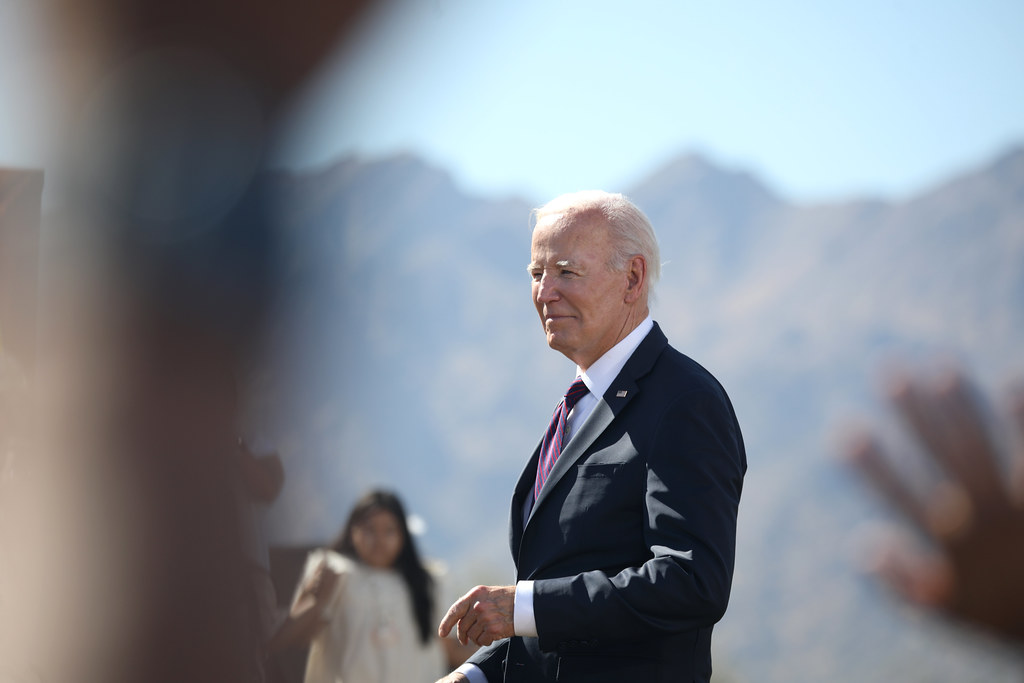
In an unprecedented move, President Joe Biden issued a blanket pardon for his son, Hunter Biden, sparking a firestorm of criticism from both political parties. This action, taken late on a Sunday, has been seen as a profound use of executive power, risking significant damage to Biden’s historical legacy and public trust in the justice system.
A Father’s Dilemma
President Biden faced a harrowing decision, balancing his role as a father with his presidential duties. This dilemma became particularly acute with the impending presidency of Donald Trump, who has openly vowed to target his political adversaries. For Biden, the decision to pardon his son was deeply personal, driven by a lifetime of familial tragedies and the desire to protect his family from further anguish.
Allies close to Biden, like former Senator Doug Jones (D-Ala.), emphasize the president’s well-known dedication to his family. “The president’s decision was deeply influenced by his personal tragedies and his profound bond with his family,” Jones remarked, acknowledging the emotional weight behind the pardon.
Political Repercussions
The pardon has not been without its critics. Some members of Biden’s own party accuse him of placing personal interests above national concerns, potentially providing Donald Trump with ammunition to misuse presidential power. Others worry that the sweeping nature of the pardon might intensify scrutiny on Hunter Biden and the broader Biden family, rather than mitigating it.
Despite these concerns, Biden maintained that his son had endured enough, hoping the American public would understand or dismiss the controversy as inconsequential.
Details from anonymous sources reveal Biden’s growing concerns about the personal toll Hunter’s sentencing could take on him and his family. The decision, shaped by these intimate fears, is seen as one of the most personally significant acts of Biden’s term—a term already overshadowed by Hunter’s struggles with substance abuse.
Biden’s early political career was marked by personal loss, which influenced his decisions throughout his life. The pardon seems to mirror these earlier, difficult choices, such as his decision to stay in politics despite family tragedies.
President Biden’s decision to pardon his son Hunter has sparked concerns about the potential for future misuse of presidential power, with critics arguing that it sets a precarious precedent. On the other hand, supporters defend the action, pointing out the unusually aggressive nature of the prosecution against Hunter, a scenario they argue is rarely applied with similar rigor in comparable cases. This division highlights the complex balance between personal decisions and their public and political ramifications, raising questions about the restoration of norms and the integrity of the justice system that Biden sought to uphold during his presidency.
White House Press Secretary Karine Jean-Pierre defended the decision, stressing that it was tough but necessary, driven by the belief that Hunter was unjustly targeted.
The implications of Biden’s decision are significant. While it may provide short-term relief for Hunter, it challenges the norms Biden promised to restore. As his term nears its end, this decision could redefine his presidential legacy.
Despite the complexities and potential fallout from President Biden’s decision to pardon his son, one could argue that at the heart of this action was a fundamental human response: compassion. Faced with a decision no parent wishes upon themselves, Biden chose what he believed was best for his son’s well-being over political calculus. This act, while controversial, underscores the inescapable intertwining of personal integrity and public duty that defines the human condition, particularly in leadership.
Featured image credit: Gage Skidmore via Flickr
Follow us for more breaking news on DMR
